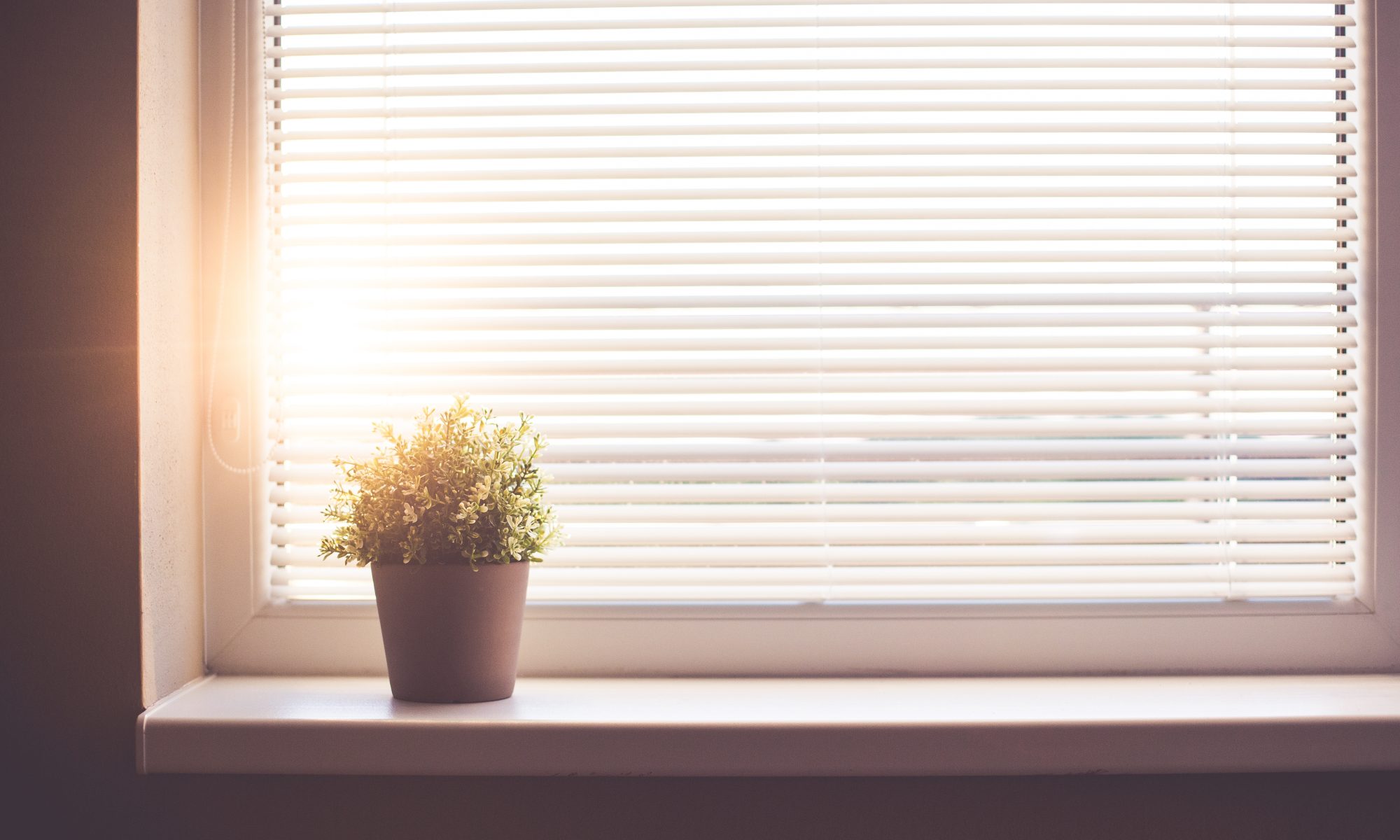An eco-gesture is an action of everyday’s life (at home, at school,at the office,….) that takes into account the values of sustainable development; i.e the protection of the environment and the promotion of a social equity. Adopting an eco-citizen behavior is simple, it’s all about becoming aware of the social or environmental consequences of each of our actions and changing our bad habits. Here is a list of simple eco-gestures that one can easily practise every day at home in order to protect the planet.
Improving water consummation
Since the eighties, the world water consumption has constantly increased for the domestical, industrial and irrigation purposes whereas the water resources is on the declined and even becoming rare on certain part of the planet.Water scarcity is the greatest danger and actually 1.1 billion people still do not have access to a safe water connection. Remember Cape Town, South Africa which is suffering a severe warter crisis since 2015 and which continues to be inhabited with nightmare “Day Zero” at any moment.
Here are some small tips, one can do at home to save this precious resource :
Take a shower rather than a bath (it consumes between 25-100L of water instead of 250L)
• Wait until your dishwasher is full before putting it on
• Place a water saving device in taps
• Use a water saving shower head
• Collect the rain water to water your plants in the garden
• Repair as quickly as possible a water leakage
Do you know that a drip leak can represent about 35,000 liters of water per year.
Energy efficiency and energy conservation
Energy efficiency is the fact of using the newest technology that requires less energy to perform the same function (using the ENERGY STAR label on appliances and electronic equipment). Whereas energy conservation is any behavior that results in the use of less energy (turning the lights off when leaving the room is one of the multiple ways of conserving energy). Hence both are the key factors in the fight against climate change and reducing greenhouse gases.
Here are some small tips, one can do at home in order to make some saving:
• Hang your washing to dry instead of using the dryer
• Do not leave appliances on standby or charge them unnecessarily
• Unplug unused charges from the main
• Defrost your freezer (an ice layer of 2mm will increase energy cost by 10%)
• Cook with a lid that is suitable for your pan for quick cooking
• Use a fan instead of a aircon unit
• Change to energy efficient light bulbs
Do you know that low-energy light bulbs use 4 to 5 times less electricity than conventional bulbs and last on average 6 times longer.
Better waste management at home
Every home generates both organic and inorganic waste and a good management of these wastes creates a healthier lifestyle. Waste management is intended to reduce adverse effects of waste on health, the environment and other social problems. For example, according to a study by World Economic Forum, oceans globally will have more plastic than fish by 2050.
Here are some small tips, one can do at home for a healthier lifestyle:
• If the selective sorting of waste (packaging, glass, paper) is not organized by your District Council, you can go to the nearest shopping mall of the island to drop your waste in specific bins or else have a look at the webpage of ‘Mission Verte’ for the nearest disposal center to your home
• Composte your kitchen waste and use same for your garden. Also one can organize an organic garden at home, or a micro-garden on the balcony if they live in an apartment
• Channel your dangerous waste to the proper waste stream and by promoting the local recycler for the management of same. For example waste cooking oils or end-of-life electronic equipment
• Return your unused or expired medications/drugs and their packaging to your pharmacist
Do you know that the waste generated by household medicines represents around 70,000 tonnes per year i.e 0.3% of household waste and 1% of household packaging waste.
